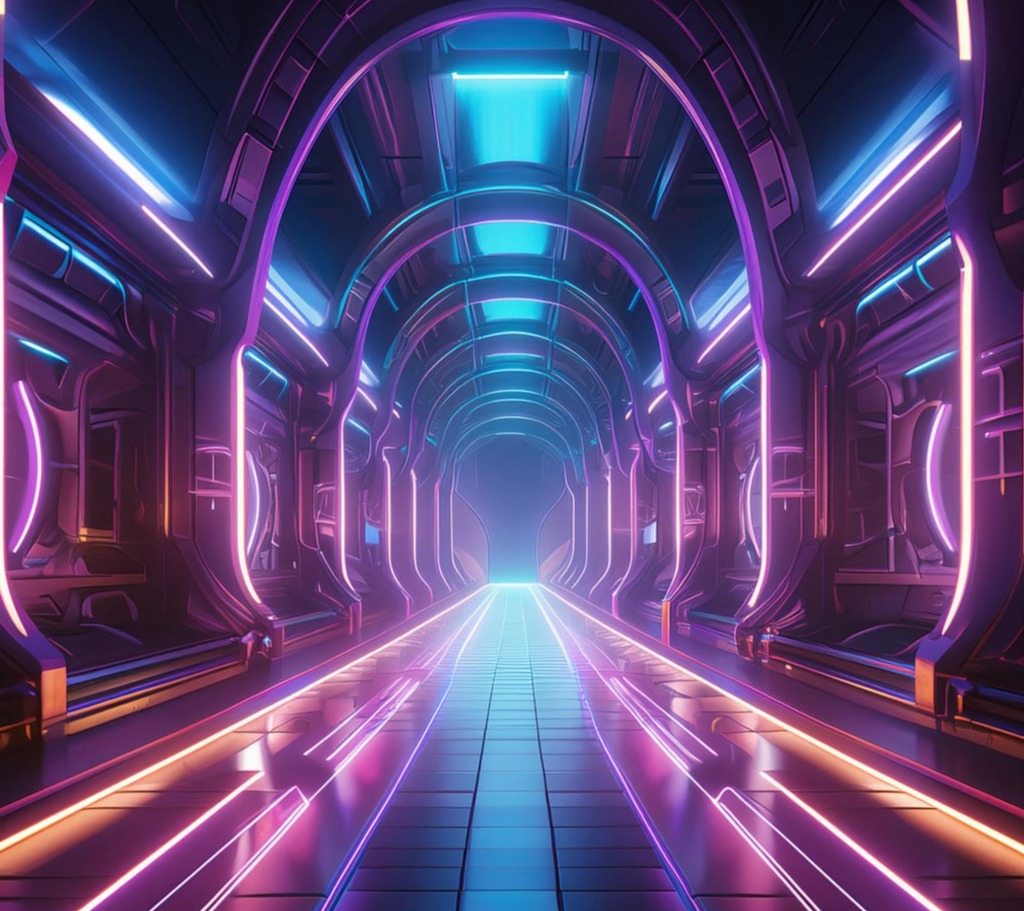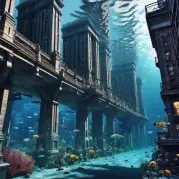
What If We Lived in a Video Game? Exploring the Possibilities and Implications
The idea that our reality might be a simulated environment, much like a video game, has fascinated philosophers, scientists, and science fiction enthusiasts for decades. But what if this hypothetical scenario were true? What if we lived in a video game? This article delves into the potential realities, impacts, and philosophical questions of living in a simulated world.

